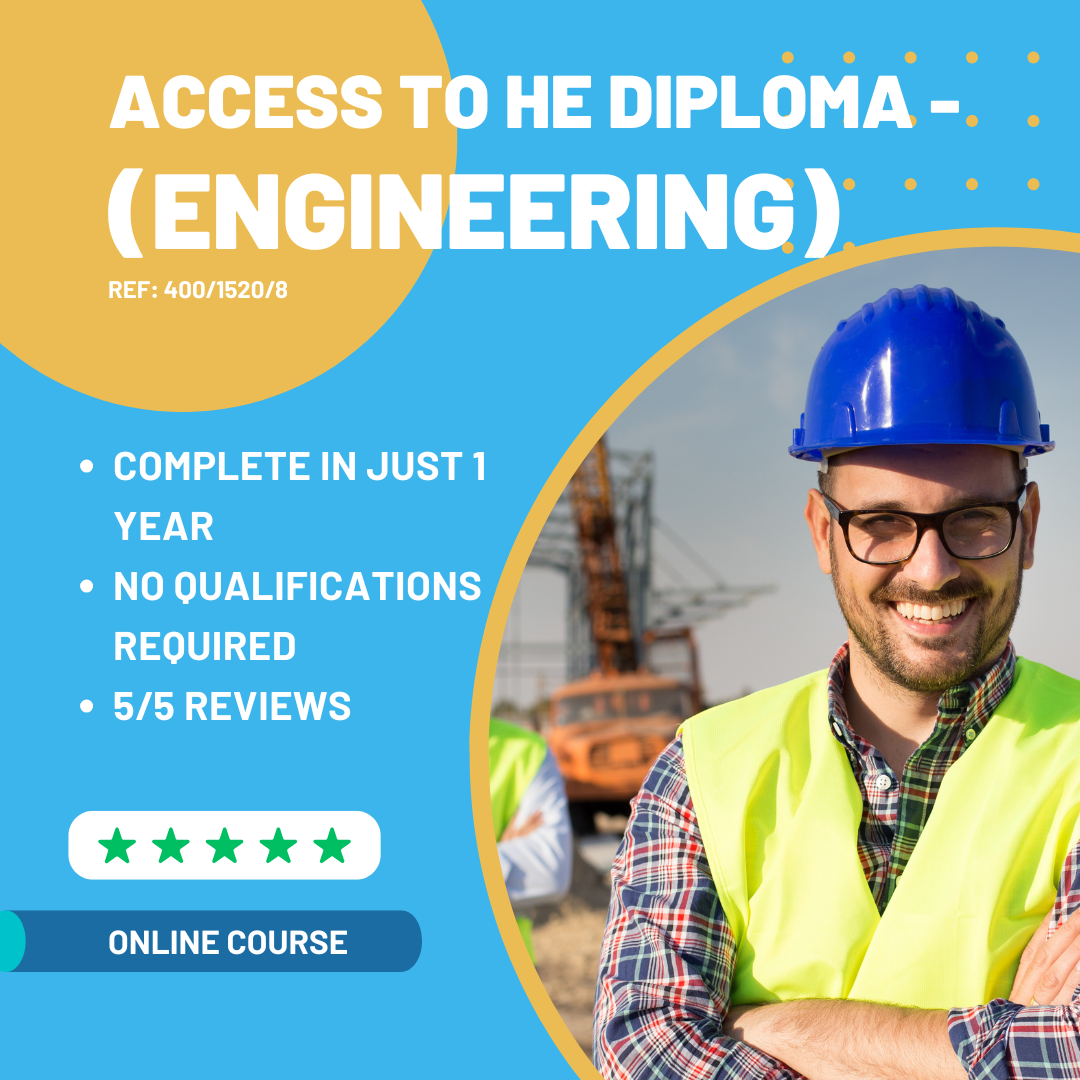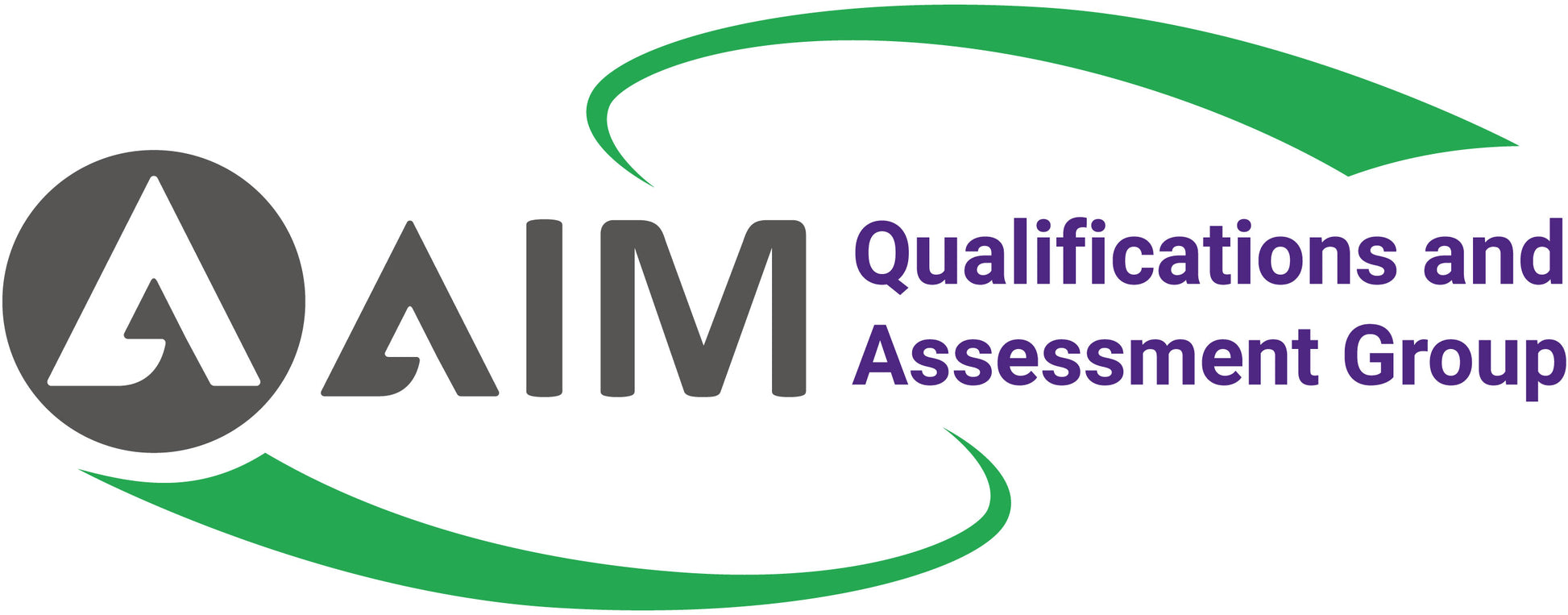AccessCoursesOnline
Access to HE Diploma (Engineering)
Access to HE Diploma (Engineering)
Couldn't load pickup availability
Course Outline
Course Outline
The Access to HE Diploma (Engineering) is a full Level 3 qualification awarded by AIM Qualifications and Assessment Group and recognised by universities across the UK.
It combines:
Engineering units in mechanical science, materials, power systems, and structures.
Mathematics units covering algebra, trigonometry, calculus, and statistics.
Physics and chemistry units that support engineering principles.
Study skills units to prepare you for degree-level study.
By the end of the course, you’ll have the knowledge, confidence, and qualifications to progress to university degrees in Mechanical, Civil, Electrical, or General Engineering.
Modules
Modules
Progressing to Higher Education (3 credits)
Prepare for university by developing your personal statement, interview skills, and understanding of higher education expectations.Academic Study Techniques (6 credits)
Learn how to plan, research, and structure assignments. Develop skills in academic writing, referencing, note-taking, and time management.Independent Research (3 credits)
Undertake a small-scale research project on an engineering-related topic. Gain experience in research design, data analysis, and presenting findings.Develop Critical Thinking (3 credits)
Learn how to analyse arguments, evaluate evidence, and solve problems logically — skills essential for both engineering and academic study.Electrical Principles (3 credits)
Explore the fundamentals of electrical engineering. Topics include voltage, current, resistance, Ohm’s law, circuits, and electrical safety.Engineering Materials (3 credits)
Study the properties, uses, and behaviours of engineering materials such as metals, polymers, ceramics, and composites. Understand how materials are selected for different engineering applications.Frameworks and Structures (3 credits)
Learn about structural design, stability, and the forces that act on frameworks such as bridges and buildings. This unit introduces civil engineering concepts.Mechanical Power Transmission Systems (3 credits)
Examine systems that transmit power, including gears, belts, chains, and shafts. You’ll study their design, function, and applications in engineering.Mechanical Science – Movement and Flow (9 credits)
Study the principles of mechanics, dynamics, and fluid flow. Topics include motion, forces, energy, momentum, and fluid mechanics — essential foundations for mechanical engineering.Thermal Properties and Heat Transfer (3 credits)
Explore how heat energy is transferred through conduction, convection, and radiation. Learn how thermal properties affect materials and engineering systems.Biochemistry (3 credits)
Although rooted in life sciences, this unit introduces chemical processes in living organisms that can also support biomedical or bioengineering pathways. Topics include proteins, enzymes, and metabolic pathways.Radioactivity (3 credits)
Study atomic structure, isotopes, and radiation. Learn about the applications and safety of radioactivity in engineering and healthcare contexts.Trigonometry (3 credits)
Apply trigonometric functions and identities to solve engineering problems, including angles, waves, and oscillations.Calculus (6 credits)
Develop skills in differentiation and integration, applying them to engineering contexts such as rates of change, optimisation, and area/volume calculations.Statistical Techniques (3 credits)
Learn how to analyse, interpret, and present data. Apply probability and statistical methods to solve engineering and scientific problems.Algebraic Methods (3 credits)
Strengthen your algebra skills, including solving equations, manipulating expressions, and applying algebra to real-world engineering situations.
Enrolment Requirements
Enrolment Requirements
There are no formal entry requirements, but learners are normally expected to be working at:
Level 2 in English
Level 2 in Mathematics
At Access Courses Online, we provide advice and guidance before enrolment to ensure you are ready and confident to succeed.
Assessments
Assessments
This diploma is assessed entirely through coursework. Assignments may include:
Written reports and essays
Research projects
Case studies
Data analysis
Presentations
To achieve the qualification you must complete 60 credits:
45 graded credits at Level 3 (Pass, Merit, or Distinction).
15 ungraded credits at Level 2 or 3.
All assessments are internally marked and externally moderated by AIM to ensure quality and fairness.
Qualification
Qualification
On successful completion you will be awarded the QAA-recognised Access to Higher Education Diploma (Engineering), Level 3 (OFQUAL Ref: 400/1520/8).
This diploma is awarded by AIM Qualifications and Assessment Group, regulated by Ofqual, the QAA, and Qualifications Wales.
It is accepted by universities across the UK as an entry qualification for engineering degrees.
Careers
Careers
This diploma is a recognised pathway into degrees such as:
Mechanical Engineering
Civil Engineering
Electrical and Electronic Engineering
Aerospace Engineering
Chemical or Biomedical Engineering
General Engineering
With a degree, career opportunities include:
Mechanical Engineer – designing and improving machines, vehicles, and systems.
Civil Engineer – planning, designing, and managing construction projects.
Electrical Engineer – working with electrical systems, power generation, and electronics.
Aerospace Engineer – designing aircraft, spacecraft, and propulsion systems.
Design or Manufacturing Engineer – developing new products and processes.
Biomedical or Chemical Engineer – applying engineering principles in healthcare and industry.
Engineering is one of the most versatile and in-demand professions worldwide. This diploma is your gateway to a career that shapes the future of technology, infrastructure, and innovation.
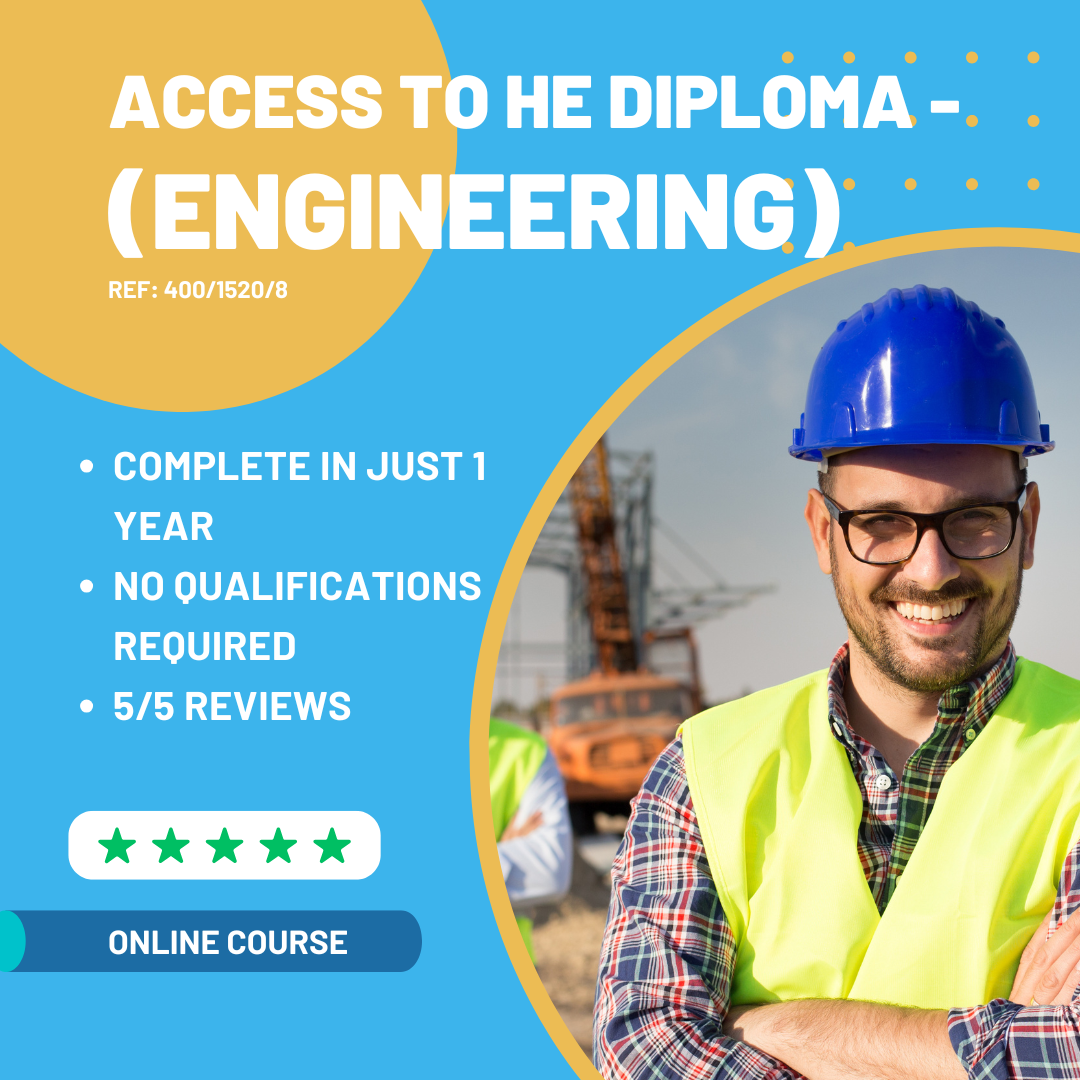
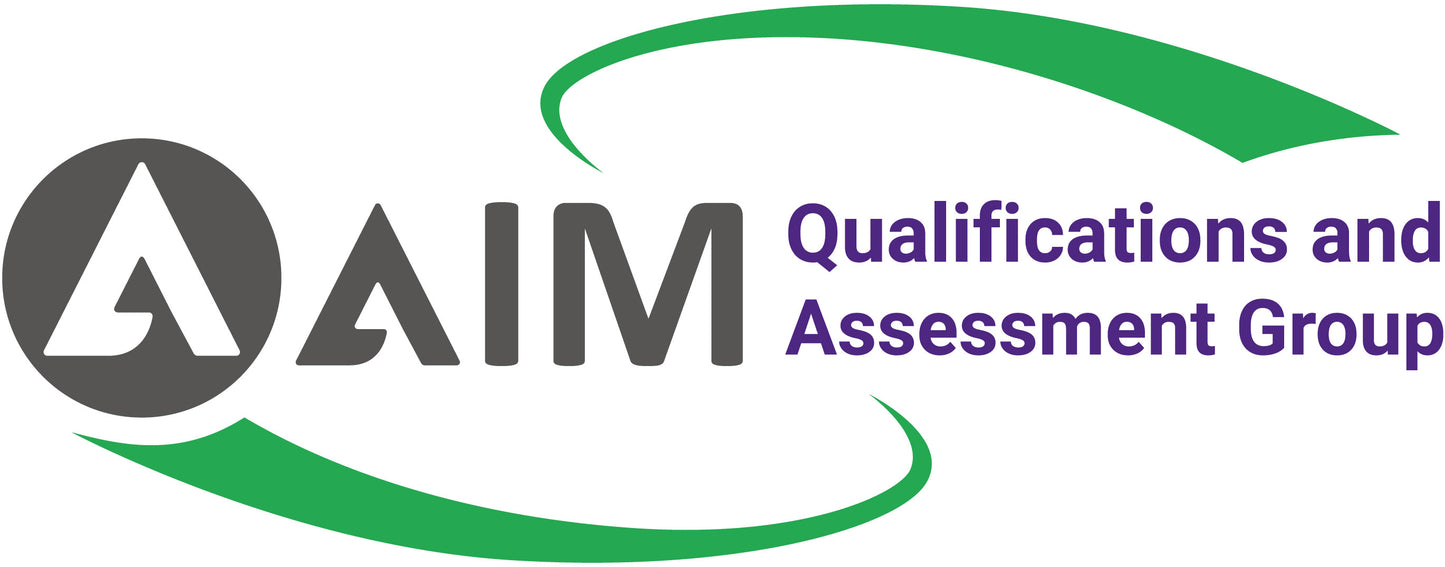

Our Guarantees
-

Affordable Learning
We offer flexible payment plans to make learning more accessible and affordable. Spread the cost of your course over manageable monthly payments, so you can focus on achieving your goals without financial stress.
-
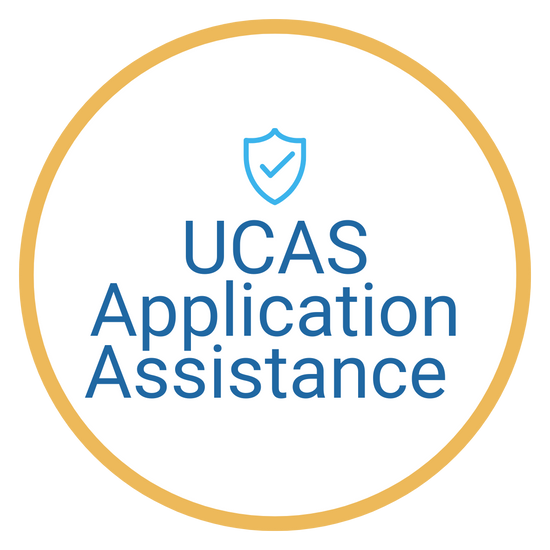
Application Support
We provide UCAS application support to help you navigate the university admissions process with confidence. From personal statement guidance to application tips, we’re here to support your journey to higher education.
-

Exam Free Learning
Our courses are completely exam free. Instead of exams, you'll complete assignments and coursework designed to develop your knowledge and skills in a supportive and flexible learning environment.
Meet your expert friendly tutor
FAQs
Engineering
What Higher Education (HE) degree courses can I go on to with this Engineering Access Diploma?
With the Engineering Access Diploma, you have a wide range of HE progression routes. Some common degrees include:
· Bachelor’s degrees in General Engineering, Mechanical, Electrical / Electronic Engineering, Civil Engineering, Structural Engineering, Chemical Engineering
· Degrees in Mechatronics, Robotics, Automotive Engineering, Aerospace Engineering
· Specialised areas such as Materials Engineering, Biomedical Engineering, Environmental Engineering, Renewable Energy Engineering
· Related interdisciplinary degrees like Engineering Design, Engineering Management, Computer Engineering
Universities often accept the Access Diploma as an alternative to A-Levels, especially when your graded units include Maths and Physics or the relevant science modules. Be sure to check specific degree entry requirements at the universities you are interested in.
What kind of skills or prior experience will help me if I start this Engineering Access Course?
You don’t need formal engineering work experience, but having some of the following will help you succeed:
· A strong interest in technology, how things are built or work, problem solving, and mathematics
· Familiarity with basic computing skills: using Windows, Linux or Mac, file and folder management, installing software, handling different platforms
· Skills in Office tools: Word, Excel, Teams etc. — being comfortable working with documents, spreadsheets, and online collaboration tools
· Some curiosity about engineering contexts (for example observing engineering in the real world, hobbies involving electronics, robotics, CAD software, mechanical projects, etc.)
These help you engage with the practical and theoretical parts of engineering more easily.
Is an Access to HE Diploma in Engineering recognised by universities (is it as good as A-Levels)?
Yes — the Access to Higher Education Diploma (Engineering) is a Level 3 qualification regulated by the QAA. Many UK universities accept it as an alternative to A-Levels or BTECs, provided you fulfil any specific unit/grade or subject requirements (especially in Mathematics and a relevant science or engineering unit). It carries UCAS points, and has become a well-established route into engineering degree courses.
Tutoring
Who will be my Tutor?
We have professionals that are current in their practice of their chosen fields to support you. For example, you will be able to take directly to a Midwife/Nurse and get guidance and support directly from these professionals as you complete your course.
This is on top of a Faculty Leader in Science who has worked as a Science Teacher for more than 10 years.
Will I get some 1:1 support?
Yes! We help our students personally navigate their career options with online video calls and messenger chats.
We provide 1-1 specialist support to you when you need it.
Working in partnership with you, we will provide a personal service of meeting individual educational needs and career options.
Experience
Do I need to be ‘good’ at science?
You experience of science at school will likely be in an exam-based system that places high importance on being able to remember knowledge and ‘perform’ under exam conditions. This course is completely different, instead of covering vast discipline of science this course focussing on the key foundation knowledge that you’ll need in the next step of your learning journey. Teaching difficult concepts is our expertise, we will meet you where you are and get you where you need to be. By the end of the course, you’ll love science and have produced some useful learning resources to take you into your next stages of study.
I’m anxious about sitting exams, will I have to sit exams either face-to-face or online?
This course is completely online, and you’ll be glad to hear that there are no exams. The course leader will assess your understanding and knowledge of the subject but setting you assessments with clear criteria and assessment descriptors. You will submit your assignment for grading, either ‘pass’, ‘merit’ or ‘distinction’.
I’m nervous to present or talk to the group online, will I be forced to do this?
We will meet you where you are, if you want to develop this skill ready for university then we can arrange smaller group sessions or one-to-one sessions to support you, or you can choose an alternative format for your presentation. We want you to feel comfortable and supported on this course.
University
Will I have support applying for university?
Absolutely, we will hold your hand every step of the way, you can talk to us about course choices, we’ll help proofread your personal statement, provide references. As promised, we will get you to university.
I haven’t decided which exact route I’d like to take within the profession, does it matter?
No, not at all, we’ll introduce you to a number of different professionals within the health services so you can hear about their journey, experience and careers.
Lessons
Will I have to do practical experiments at home?
The investigation skills unit is based around a practical investigation of red peppers. The equipment that you’ll need is limited to things you’d find in your kitchen but you don’t need to carry out the investigation yourself if you don’t want to as your course leader will demonstrate it.
What are the assignments like?
We set a variety of assignments that will set you up with skills that will be useful in your future studying and career. We encourage essay writing with referencing, but don’t worry, we’ll show you how! We also set presentations, video tasks, leaflet and poster design and we show you how to use great free tools like Canva to make it super easy.
Do I have to attend live lessons and switch my camera on?
No, not at all. Many of our students are busy people working shifts and managing several commitments. You can watch the session recordings and then arrange a time to meet with your tutor to ask any questions or get further support. As for the camera, switch it on if you feel comfortable, don’t worry if not. We’ve created a culture of supportive and collaborative students in our online community, but all approaches are respected and accepted. Do what makes you feel comfortable.

